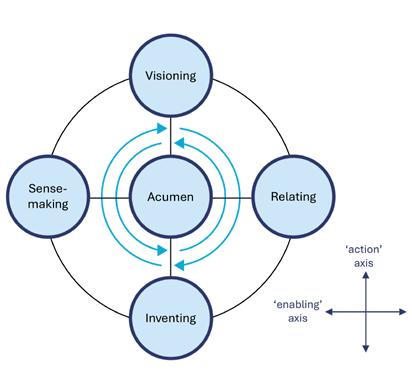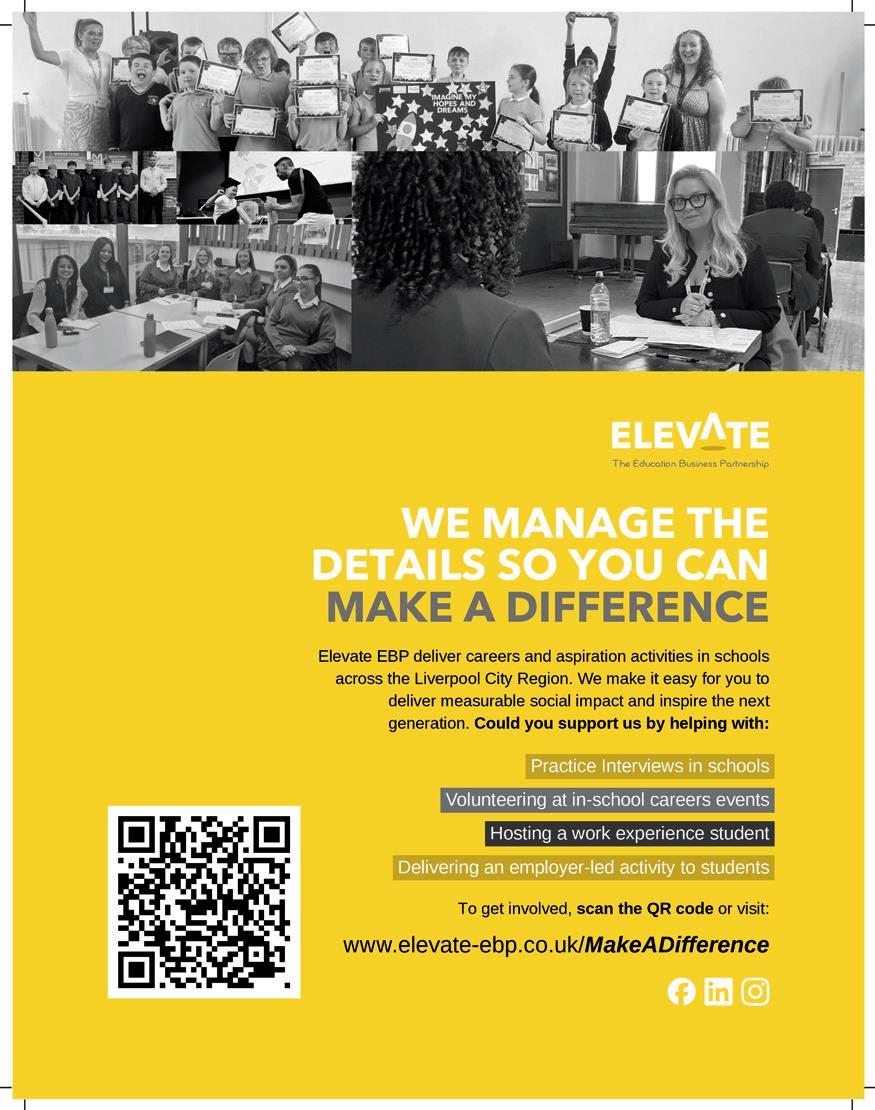
1 minute read
WORK-BASED LEARNING: BUILDING CROSS-SECTOR SKILLS IN BIOMEDICAL SCIENCE
As the Liverpool City Region looks to the future, collaboration between higher education and industry is critical to closing skills gaps and preparing graduates for fast-changing careers.
At Liverpool John Moores University (LJMU), we are embedding work-based learning (WBL) into the curriculum to give students the opportunity to apply their knowledge in authentic business contexts, while employers gain access to talent and fresh thinking with scope to deliver a tangible positive impact for their business.
A recent partnership between LJMU’s Biomedical Science programme team and microbiology diagnostics specialists Mast Group Limited exemplifies this cross-sector approach. Together, we designed a realworld challenge for more than 100 secondyear students. Framed as employees seeking external funding, students were tasked with drafting a research grant proposal to explore the potential of antibiotics against antimicrobial-resistant bacteria. Mast Group Limited provided an industry briefing and example experiments, while LJMU academics guided students through the process of creating proposals, including aims, objectives, costings, and expected outcomes.
The impact was significant. Students developed vital skills in research design, project costing, and persuasive communication, while gaining insight into how their scientific knowledge translates into industry practice. LJMU’s careers & employability team, Student Futures, supported students to reflect on the competencies they had built, ensuring they could articulate their experience to future employers.
For Mast Group Limited, the collaboration offered an opportunity to connect directly with emerging talent. Impressed by student engagement, the company went on to create three extracurricular internships, all funded through LJMU’s Discovery Internship programme, in technical, and research & development positions.
This initiative demonstrates the power of cross-sector partnerships to develop industry-ready graduates while strengthening the region’s innovation ecosystem, an approach that is as applicable to all sectors as the Mast Group Limited project has been to life sciences. Following its success, LJMU will continue to integrate and expand WBL models into programmes.
This case study shows how higher education and businesses can come together to prepare the workforce of the future, equipping students with the skills to tackle complex challenges and helping employers access the next generation of talent.
For further information, or to find out how your business could benefit from LJMUs WBL Strategy, contact: employerengagement@ljmu.ac.uk into how their scientific knowledge translates into industry practice.





